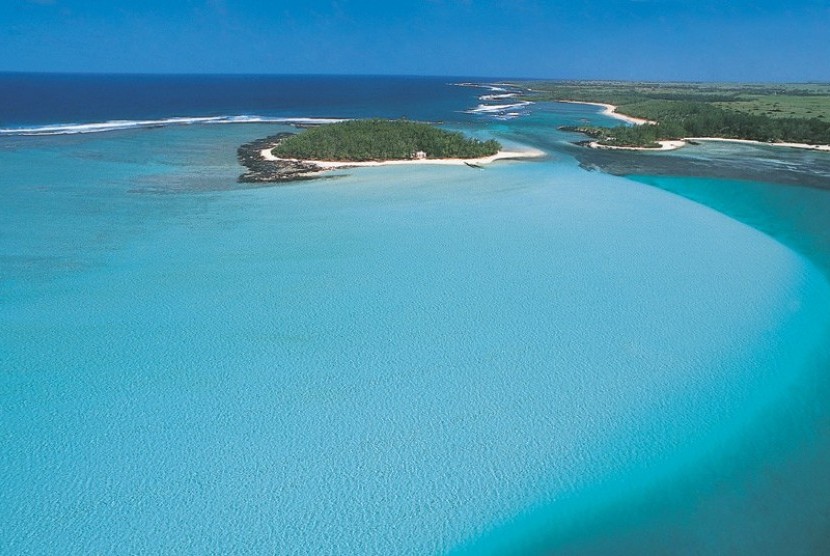REPUBLIKA.CO.ID, PORT LOIUS -- The government of Mauritius on Monday designated Ameenah Gurib-Fakim as the Indian Ocean island nation's new president, making her the first woman to hold the ceremonial position.
The appointment of Gurib-Fakim, an internationally-renowned scientist and biologist, is subject to parliament approval, due to take place on Thursday.
The opposition has said it will support her appointment, making the vote a mere formality.
Her inauguration is expected to take place on Friday, officials said.
Gurib-Fakim, 56, will be the first female president of the island, which gained independence from Britain in 1968 and replaced Britain's Queen Elizabeth II as its head of state in 1992.
Former president Kailash Purryag, who had been put in place by the previous government, stepped down as the island's figurehead on Friday.
He had served as president since July 2012, when he was appointed by the island's previous Labour party government of former premier Navin Ramgoolam.
Labour's winning campaign was based on a platform of delivering constitutional reform -- notably with a divisive proposal to strengthen presidential powers.
Ramgoolam himself had hoped to eventually run for the new, strengthened position. Since his election defeat Purryag has been seen as an unwanted figurehead, while Ramgoolam has been embroiled in corruption allegations that have shocked the country.
Mauritius is one of the richest -- and least corrupt -- countries in Africa, a middle-income country of some 1.3 million people with a per capita GDP of just over $9,000 (7,200 euros).
Once dependent on sugar exports, the island has built up a strong outsourcing and financial services sector, and an important tourism industry.
Gurib-Fakim is currently director of the Mauritius-headquartered Centre for Phytotherapy Research (CEPHYR), which carries out research on plants for use in cosmetics, nutrition and therapy.
An alumni of the universities of Exeter and Surrey in Britain, she is also the chair of organic chemistry at Mauritius University, and has worked with the World Bank and other international institutions.
"I will continue to work in science but in a different way," she told reporters following her nomination by the government.



